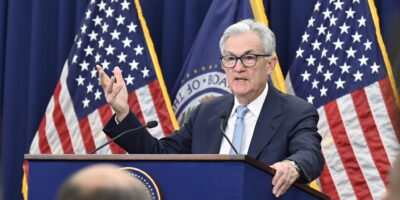“Competing Money Supplies”
“What would be the consequences of applying the principle of laissez-faire—that is, completely free markets—to money? While the idea may seem strange to most people, economists have debated the question of competing money supplies off and on since Adam Smith’s time. In recent years, trends in banking deregulation, developments in electronic payments, and episodes of dissatisfying performance by central banks (such as the Federal Reserve System in the United States) have made the question of competing money supplies topical again. Nobel laureate Friedrich A. Hayek rekindled the discussion of laissez-faire in money with his 1976 monograph Denationalisation of Money. Milton Friedman, in a 1986 article coauthored with Anna J. Schwartz, reconsidered the rationales he had previously accepted for governments to provide money. Other leading economists who have entertained the idea of laissez-faire in money include Gary Becker and Eugene Fama of the University of Chicago, Neil Wallace of Pennsylvania State University, and Leland B. Yeager of Auburn University.” Read more.
“Competing Money Supplies”
Lawrence H. White
The Concise Encyclopedia of Economics. 2008.
Via the Library of Economics and Liberty.








